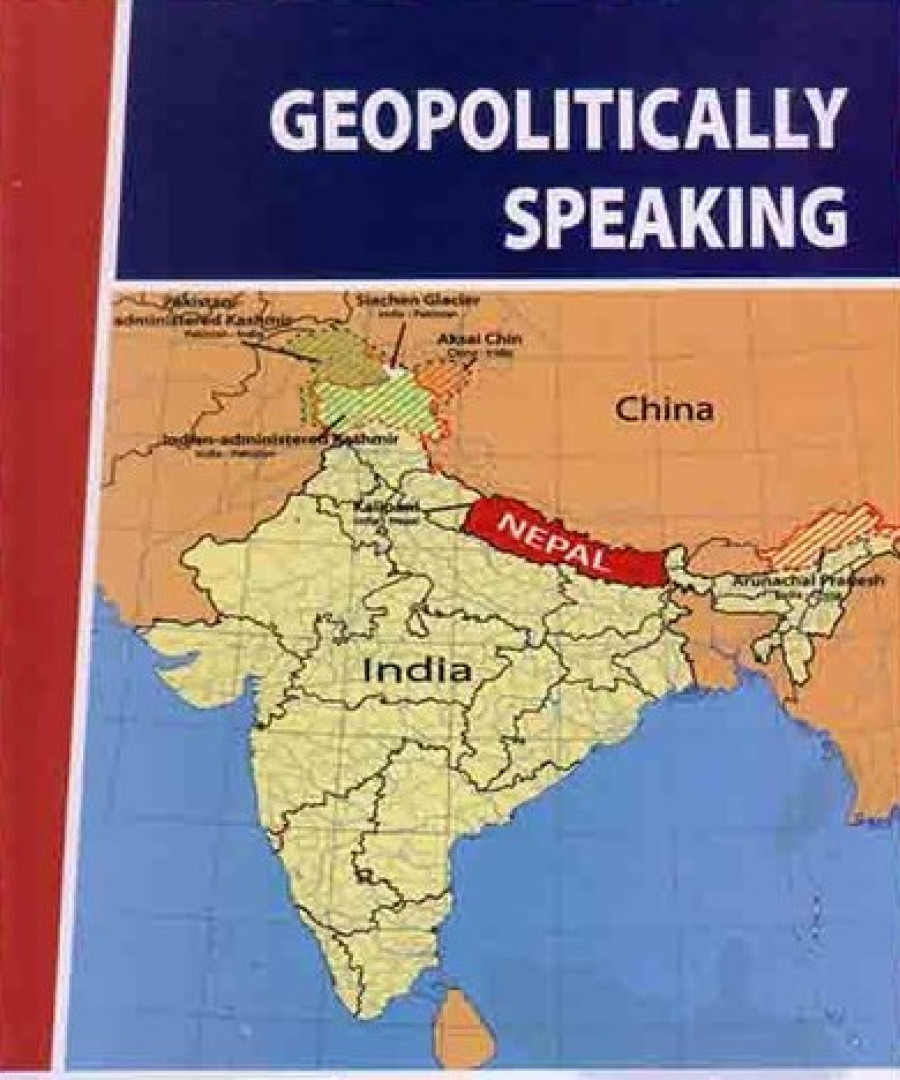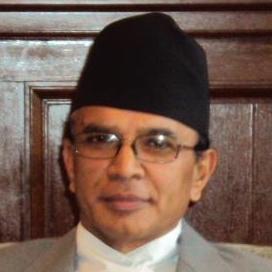Books
The pandemic and international relations from the eyes of a policy analyst
The book Geopolitically Speaking portrays the potential impact of Covid-19 on international relations with the possibility of it redefining fundamental contours of accepted norms of world powers.
Madan Kumar Bhattarai
Mana Ranjan Josse, or MRJ in short as he uses his initials in some of his writings, is a senior journalist and an established name in the field of English journalism, especially in the field of foreign policy, security and strategy.
A prolific writer, with several books and thousands of articles to his credit, Josse has come out with the publication of his second book, Geopolitically Speaking, after the magnum opus Nepal’s Quest for Survival in a Challenging Geopolitical Setting, within a span of some months, while being under lockdown due to the Covid-19 pandemic.
Josse has been my mentor, supervisor and guru, especially when I served in The Rising Nepal under his guidance as Editor-in-Chief. We also share the same alma mater, Jadavpur University, Kolkata (Faculty of International Relations) and served together under the roof of the Foreign Ministry, as he was deputed to serve a very successful tenure as Deputy Permanent Representative to the United Nations, New York, during the crucial period of 1985-1990.
His latest book, dedicated to King Birendra, the longest-serving active monarch of the Shah dynasty, is deceptively small in length but perceptibly very wide in its approach. As another good friend Pushpa Raj Pradhan has said on behalf of the publishers, the book has twelve chapters that Josse wrote during the period of lockdown and two important chapters on King Birendra’s friendly goodwill visit to China in 1976 when China was in the midst of a new order after the death of Premier Zhou Enlai and impending demise of Chairman Mao Zedong, and China and SAARC including Nepal’s role in the organisation that is now unfortunately in the dormant stage.
The first six chapters deal with a broad range of issues ranging from Covid-19’s potential to usher in a new configuration of big power relations as compared to the 1956 Suez crisis that ended the UK’s role as a big power to the looming US-China geopolitical tussle through perceptible shift in India’s over-all China policy. Chapter three of the book is important in the sense that the author dispels the prevailing notion in a section of the writers that we have inherited a timeless legacy of open border arguing that the movement was controlled by the passport system until the end of the Rana regime in 1951.
The fourth chapter of the new book deals with extensive and rather critical review of the monumental treatise Across Borders: Fifty Years of India’s Foreign Policy, written by the late Jyotindra Nath Dixit (popularly known as Mani Dixit), a prolific writer who served as India’s Foreign Secretary and National Security Adviser and an important mentor.
Chapters seven to twelve basically deal with the complexities of regional geopolitics including the role of outside powers with India as the focus both in what the writer prefers to analyse in the light realpolitik and Dezinformatsiya that can be broadly translated as wilful distortion of facts, and India’s quest for a global role. Interestingly, all these chapters touch on Nepal’s foreign policy and security approach in one way or the other pleading that many of such endeavours have been tantamount to impacting on or circumscribing Nepal’s foreign policy and security approach including ongoing disputes over the country’s far-western territories of Lipulekh, Kalapani and Limpiyadhura.
One dilemma in assessing the role of Josse as an analyst is that people of his profession, and a wide range of people who know him from close quarters, take him as basically outspoken. But the impressions we gather in the book is just the reverse. My only complaint is that despite so much information, experience and wonderful power of articulate expression that he is endowed with, he remains fundamentally reticent in his writing. I wish the author wrote copiously about his observations and analysis of what can be called a saga of transition that Nepal has been forced to undergo to the chagrin of people at large.
Having said that, the book is a welcome addition in the study of Nepal’s foreign policy and security perspective amidst the uncertainty that has marked the global scenario in the wake of the corona pandemic.
———————————————————
GEOPOLITICALLY SPEAKING
MR Josse
Publishers: Periwinkle Prakashan
Pages 132
Price: Rs 200




 22.11°C Kathmandu
22.11°C Kathmandu










